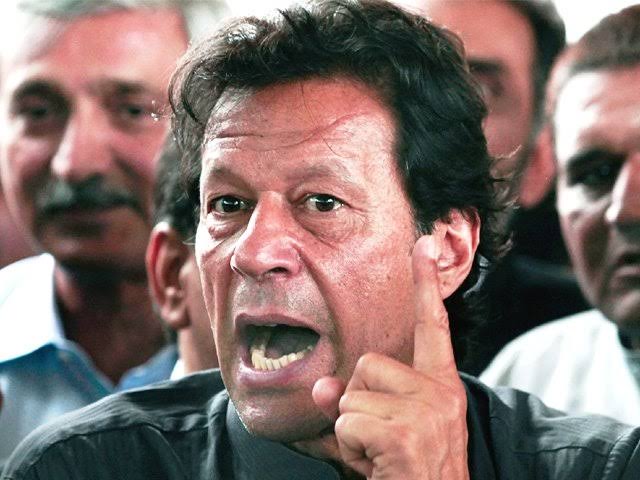
Politics is a tough world, like sports, and only those enter it who are willing to accept that win and loss is part of the game. Unfortunately, Imran Khan’s behavior over the last week has been more like that of a petulant child, throwing a tantrum, than that of a former cricketer.
As author and columnist Mohammad Hanif wrote recently, Imran Khan “behaved like a child who realises for the first time that other children have birthdays too. Because he believed that if he wasn’t in charge of the house, he might as well burn it down.”
As Hanif laid out, first Khan “refused to face the vote and had dissolved the assembly, but the court declared his actions illegal. Khan refused to accept the rules of the national assembly, tried to evade a ruling by the highest court in the land and only relented a few minutes before the midnight deadline imposed by the court. He turned a banal parliamentary procedure into a nerve-racking, edge-of-the-seat thriller.”
Then on 8 April “Khan reiterated his claim that it was the US that wanted him out; he asked people if they wanted to be a free nation or American slaves. The US would never do it to India, he said. Here, he welled up, he choked.”
As Hanif points out, “As prime minister, Khan avoided dealing with the country’s structural problems, instead going on a moral crusade because in his youth he had lived a life of sin in the west and now he was not only atoning for it but wanted to be a spiritual father to the nation. In his head he was not only the leader of Pakistan but also the leader of ummah (community of Muslims) who can also do 60 pushups on the go. Last month he lectured foreign ministers of Muslim countries about how porn was responsible for rising divorce rates. He himself is on his third marriage.”
According to Hanif, “For more than two decades, Khan was an outlier in Pakistani politics, more popular with London’s posh set than Pakistani voters; a sports celebrity who wanted to be the saviour king. In order to get his dream job, he got rid of his idealism. Before coming to power he stated that he would rather die than go to the IMF for a loan; a few months after he did, he went begging to the institution. He surrounded himself with the politicians he had claimed were the root cause of Pakistan’s problems.”
Finally, in conclusion Hanif notes, “Khan rose to power by convincing the voters that he was the only clean politician around, that everyone else was corrupt. Now everyone opposing him is not only corrupt but a traitor and an American puppet. Khan never seemed comfortable in office and now he has been sent back to the street where he can start his crusade to save the country all over again.”
![]()





